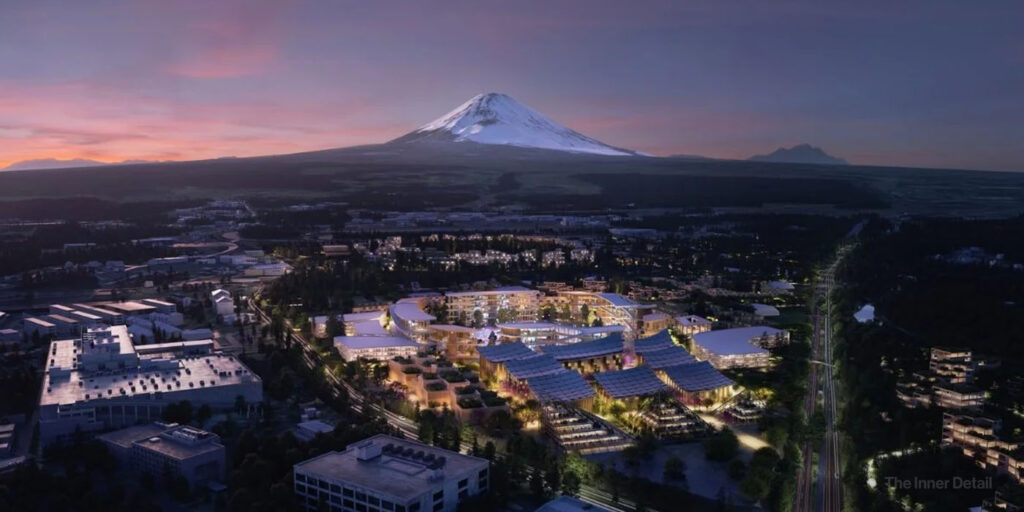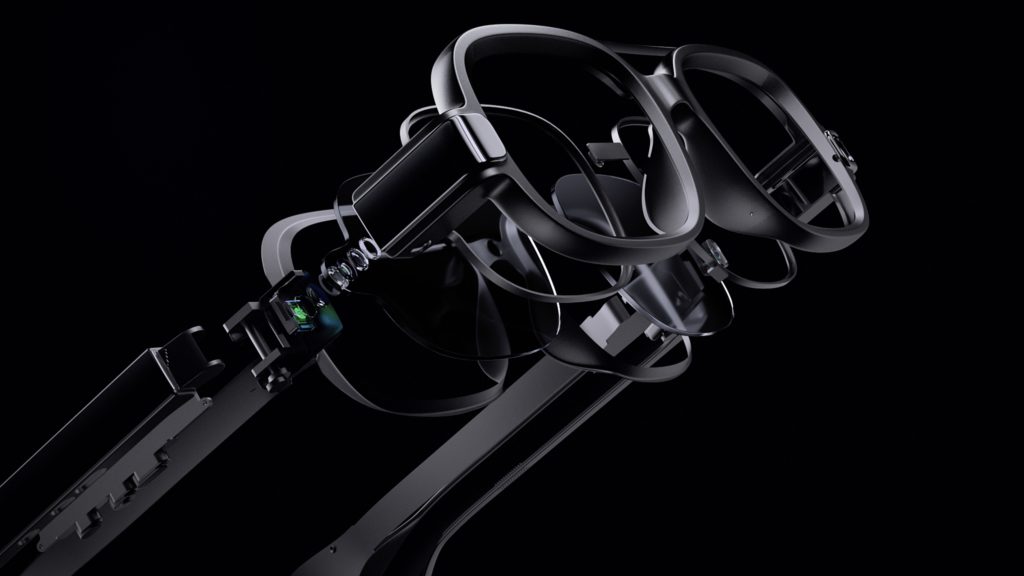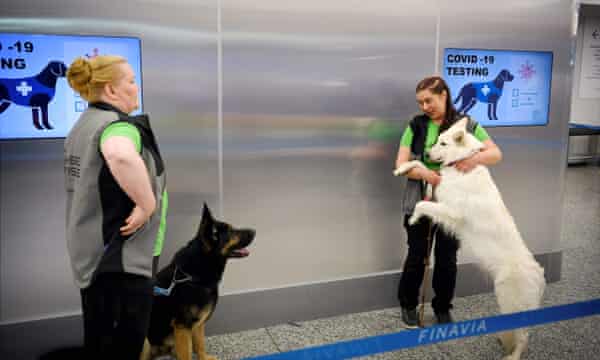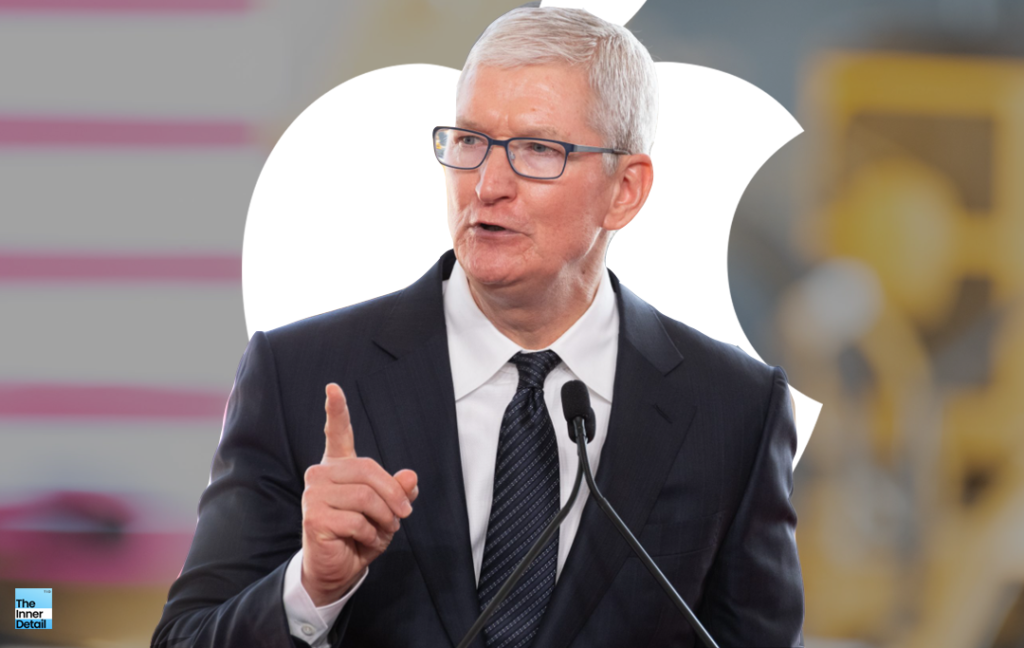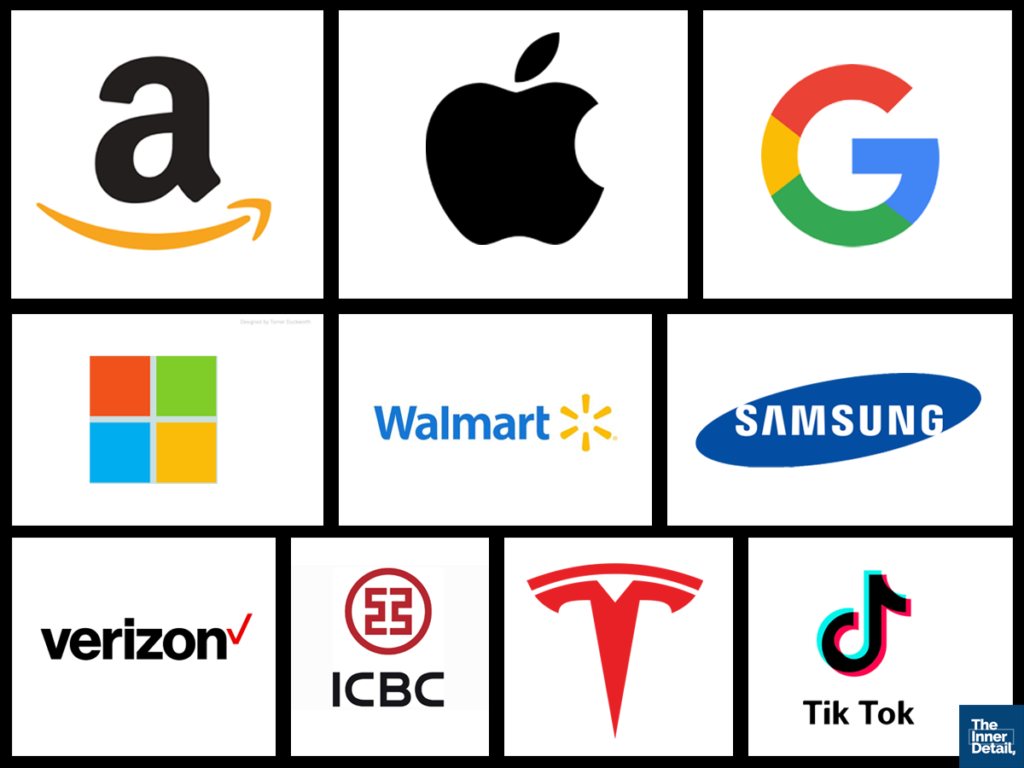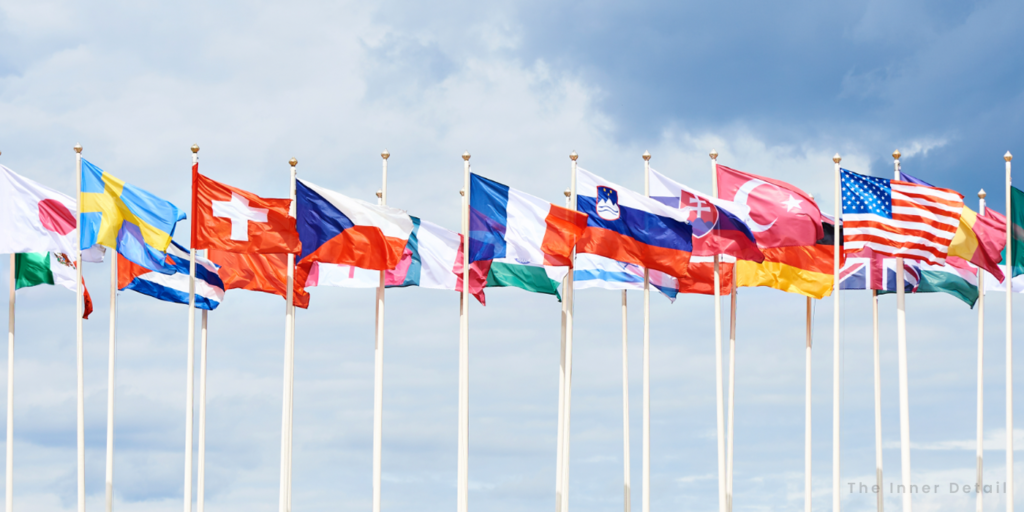Japanese automaker ‘Toyota’ is working on a $10 billion futuristic ‘Smart-City’ in Japan that tests robotic rides, hydrogen power and so on, making it to be future-ready.
Toyota, the globally renowned Japanese automaker, is embarking on an ambitious endeavor that goes far beyond its traditional car manufacturing roots. The company is investing a staggering $10 billion to construct Woven City, a groundbreaking urban test site near Mount Fuji, dedicated to exploring the future of mobility through robotics, artificial intelligence, and autonomous, zero-emissions transportation.
This 175-acre project, built on the grounds of a former Toyota factory, aims to be a “living laboratory” where cutting-edge technologies can be developed and refined in a real-world environment.
$10 Billion City – Futuristic Mobility
At the heart of Woven City’s vision is the seamless integration of advanced mobility solutions. Toyota is creating a dedicated “test course for mobility”, featuring a unique road plan with three different kinds of streets: one for robotaxis, one for bikes, and one for pedestrians. This infrastructure is specifically designed to facilitate the testing and implementation of self-driving vehicles, which will even utilize underground passageways to handle tasks like garbage collection and deliveries. The company envisions a future where robotic rides are commonplace, and Woven City will serve as a crucial proving ground for these innovations, potentially allowing Toyota to rival companies like Google’s Waymo in the autonomous vehicle sector.
Interestingly, while the automotive world is largely shifting towards electric vehicles, Toyota is prioritizing hydrogen power as the energy source of choice for Woven City. This decision comes despite Toyota acknowledging its slower progress in the electric vehicle market compared to competitors like Tesla and BYD. By focusing on hydrogen, Toyota aims to test the viability and scalability of this clean energy source in an urban setting, showcasing its potential as a key component of future zero-emissions transportation.
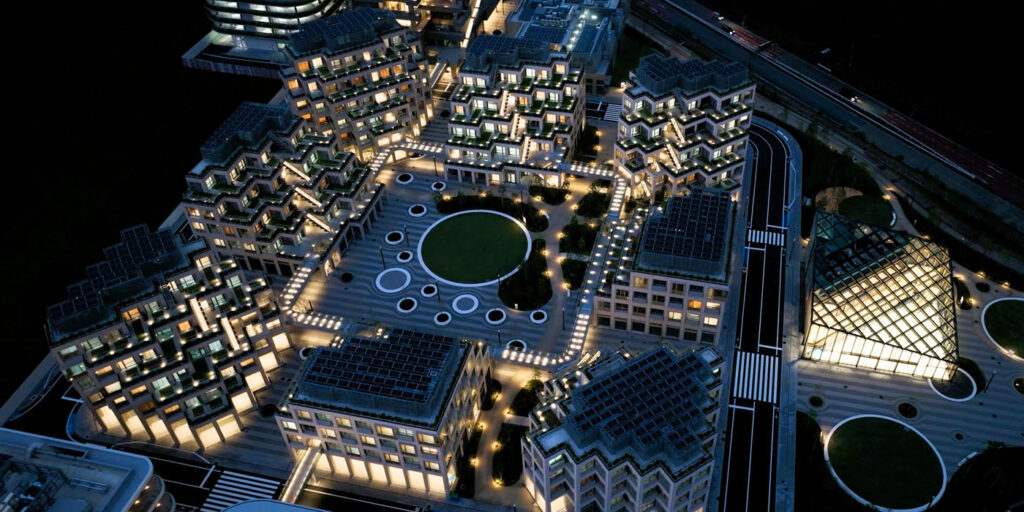
Living in the Future
Woven City is set to welcome its first 100 residents in fall 2025. These initial inhabitants, dubbed “weavers”, will primarily be Toyota employees and their families, along with workers from partner companies, including an air-conditioning manufacturer, an instant noodle maker, and a coffee company. The city will feature AI-powered smart homes, and Toyota has even suggested the possibility of incorporating “pet robots” for older people and personal drones that would escort joggers to ensure their safety. The aim is to create an environment where these futuristic technologies are integrated into everyday living.
Toyota is keen to emphasize that Woven City is not simply another “smart city” project. According to Daisuke Toyoda, an executive in charge of the project, it is primarily a “test course for mobility”, with a focus on experimenting with and advancing transportation technologies. While smart city elements like AI-powered homes will be present, the core purpose is to create a dedicated space for mobility innovation, allowing researchers and startups to collaborate and share ideas.
Facing the Challenges of Ambitious Urban Projects
Toyota is aware that ambitious plans for futuristic cities have historically faced challenges, with several similar projects around the world having “sputtered or are unfinished”. These include projects proposed by companies like Alphabet in Toronto, Neom in Saudi Arabia, and others. Despite these precedents, Toyota is moving forward, backed by its significant financial resources, with the understanding that Woven City may not be profitable for many years. The official launch of Woven City is planned for 2025, with the first residents expected to move in later this year.
(For more such interesting informational, technology and innovation stuffs, keep reading The Inner Detail).
Kindly add ‘The Inner Detail’ to your Google News Feed by following us!
